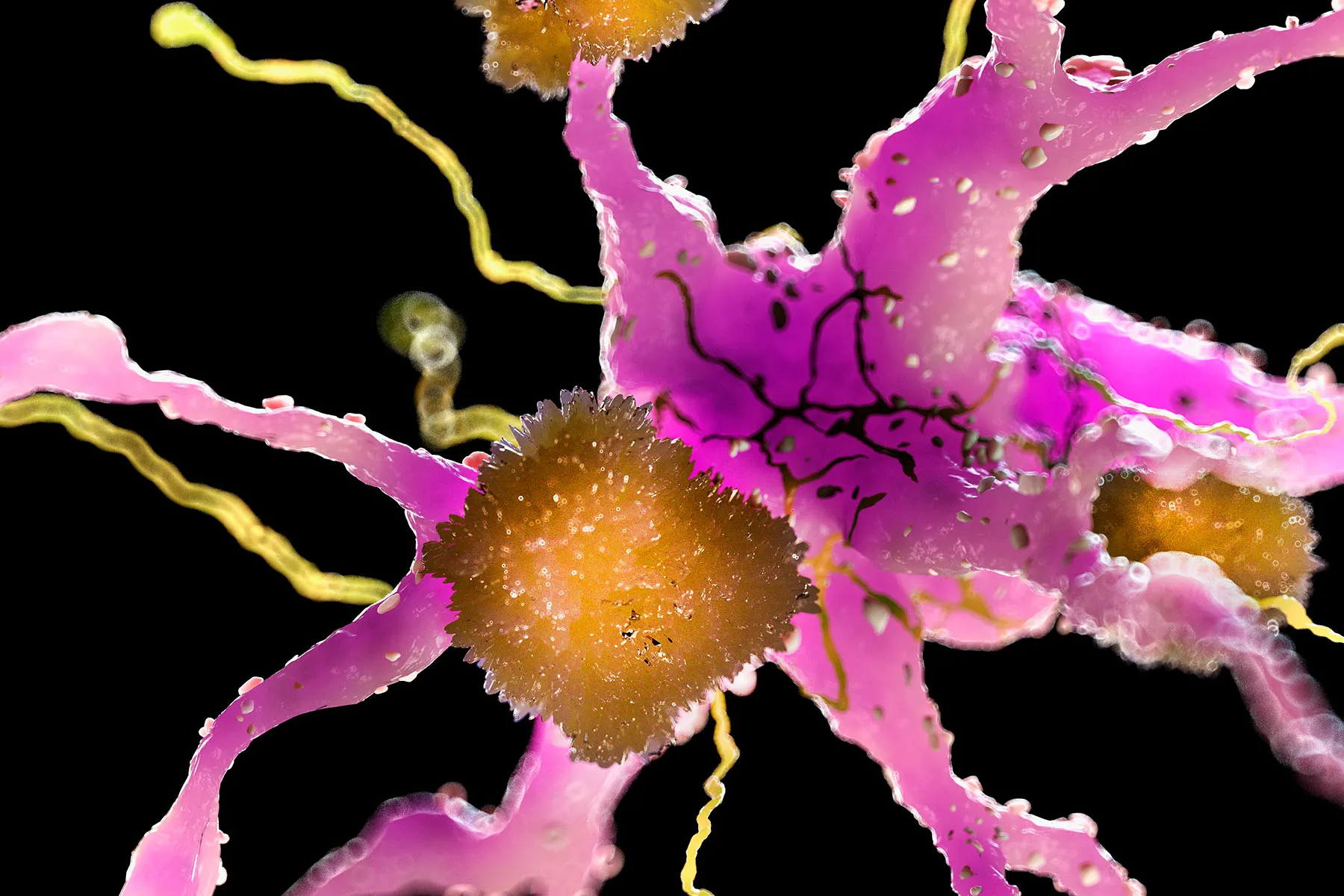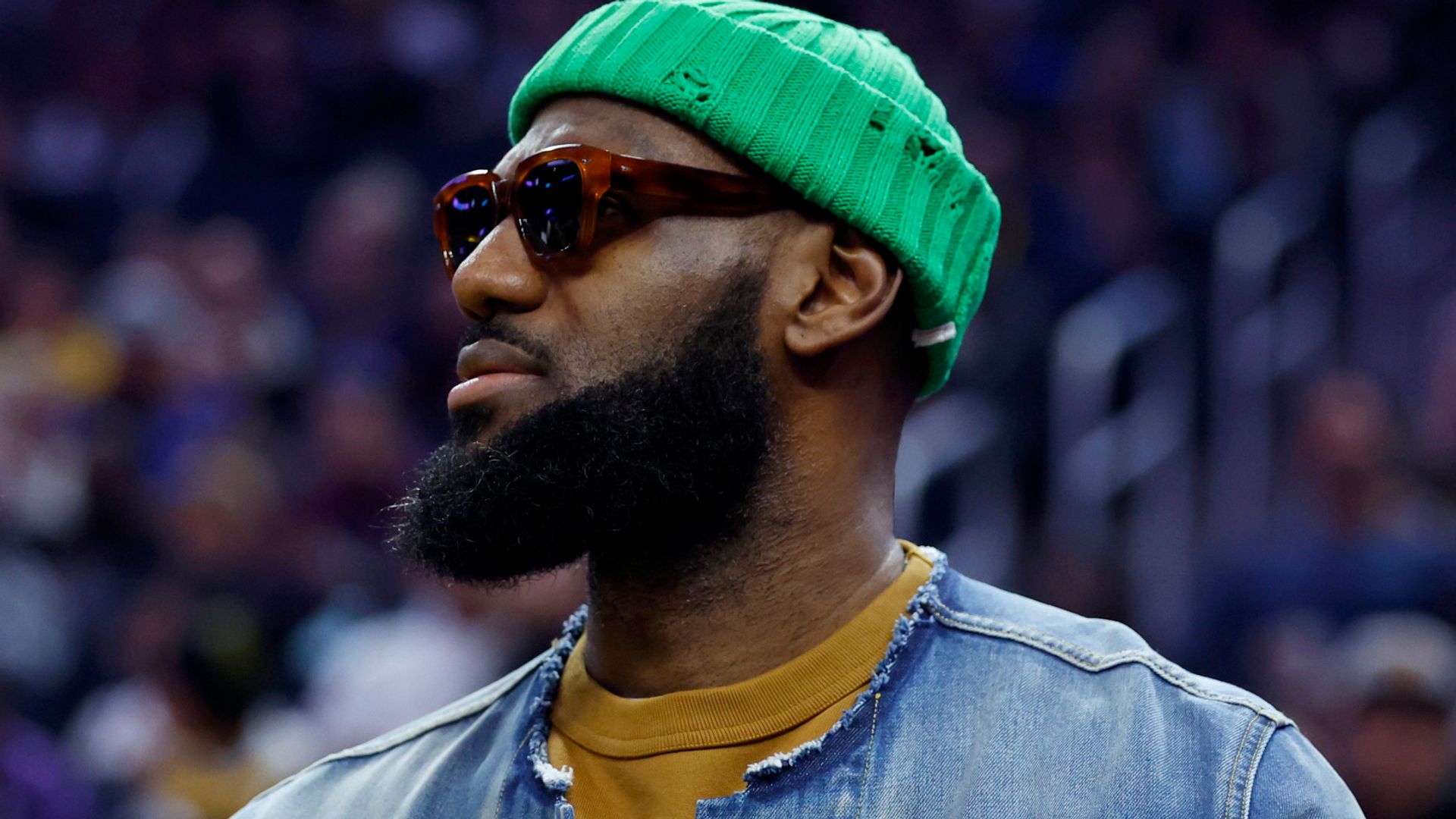Is the DOJ Serious About Fighting White Collar Crime?
Despite stepped-up federal enforcement activities in some areas of white-collar crime, including most recently the new task force targeting activities of Russian oligarchs, these efforts have not yet (and likely will not ever) reach into the C-suites of the largest and wealthiest U.S. firms in America, writes criminologist Gregg Barak.

Last Thursday, Attorney General Merrick Garland delivered remarks to the American Bar Association Institute on white collar crime. As he addressed mostly corporate lawyers on the subject of corporate criminal law enforcement, he began by telling his audience what they already knew.
“Fraud, theft, corruption, bribery, environmental crime, market manipulation, and anticompetitive agreements threaten the free and fair markets upon which our economy is based,” he said.
“They decimate the assets of individuals, organizations and governments alike. And they increase the costs for every American.”
While this is certainly true. I wish that Garland would have drilled down into the costs of those crimes. I also wish that the Attorney General had his eye on these crimes as well as an agenda for battling them.
However, his focus is elsewhere and not without its own merits.
The Justice Department under his short tenure has been busy, though mostly prosecuting less powerful white-collar criminals.
Garland did rattle off some statistics about Department of Justice (DOJ) prosecutorial activity in 2021. Compared to his two predecessors, Jeff Sessions and Bill Barr, the figures are impressive.
Moreover, the Department’s Antitrust Division has been very active compared to the administrations of Barack Obama and George W. Bush, who were essentially both pushovers for the most powerful financial and corporate criminals, on and off Wall Street.
Despite the stepped-up enforcement activities of the DOJ in some areas of white-collar crime, my concern is that these efforts have not yet (and will not ever) reach into the C-suites of the largest and wealthiest U.S. firms in America.
Based on the AG’s priorities discussed below, it does not appear that the crimes involving the most powerful individuals and corporations have anything to be worried about from Merrick Garland.
Rhetorically, the AG said all the politically correct things. He informed his audience that corporate crime weakens the economy and that the failure to prosecute these crimes undermines the public’s trust in democratic institutions as well as in the rule of law. Although I wish or hope that Garland is correct here, skeptical or cynical me is not so sure.
Garland also maintained that the essence of the rule of law was “like cases are treated alike; that there is not one rule for the powerful and another for the powerless; one rule for the rich and another for the poor.”
The AG may be correct about the essence of the rule law, however, in everyday practice, like cases are often treated un-alike. As for the crimes committed by powerless poor people and the crimes committed by powerful rich people, the rules, the sanctions, and the consequences of the law are, indeed, very different.
In the fight against white collar and corporate crime, Garland explained that both companies and individuals were important with respect to corporate criminal enforcement policies. However, the DOJ was emphasizing the prosecution of individuals “because corporations only act through individuals.”
Well duh. Then again, the U.S. Supreme Court says that corporations are people, too.
Garland knows, as someone who has historically tried and supervised corporate criminal cases, “that obtaining individual convictions rather than accepting big-dollar corporate dispositions is a difficult and resource-intensive road for the Justice Department.”
Thus, the FY22 budget will include an additional $36.5 million for the hiring of 120 new attorneys to join the Criminal Division’s Fraud Section. The new budget will also seek an additional $325 million to hire more than 900 agents to support the FBI’s White Collar Crime Program.
On the matter of buttressing resources, the AG highlighted force-multipliers that the DOJ would be adding to the arsenals of its attorneys and agents in the fight against corporate crime and political corruption.
Two of these force-multipliers dovetailed with actions identified by President Biden in his State of the Union Address on March 1, 2022.
Holding Russian Oligarchs Accountable
One of those force-multipliers is the DOJ’s launching of an interagency task force led by veteran SDNY prosecutor Andrew Adams and overseen by the Deputy AG Lisa Monaco. As the president noted in his address, the goal of this task force is to hold accountable Russian oligarchs and others that evade U.S. sanctions or otherwise profit from corrupt behavior.
This DOJ task force will complement the work of a transatlantic task force announced by the President and European leaders on February 26.
According to Garland, “Together with our federal and international partners, we will leave no stone unturned in our efforts to investigate, arrest, and prosecute those whose criminal acts enable the Russian” state and its invasion of Ukraine.
Holding a former president accountable for profiting from corruption and money laundering involving Russians both before and during his occupation of the White House, apparently does not apply?
Another one of those force-multipliers mentioned by the president in his address was the foreshadowing of the appointment of Kevin Chambers, an associate deputy attorney general, as the agency’s new director of the already working COVID-19 Fraud Enforcement Task Force in its effort to combat pandemic fraud.
In this effort, all hands are on deck as this task force consists of more than 25 agencies that administer and/or oversee pandemic relief funding.
These include notably the Labor Department, the Treasury Department, the Small Business Administration, the U.S. Postal Inspection Service, and the Pandemic Response Accountability Committee.
A third force-multiplier mentioned by the AG includes “working more closely than ever with Inspector Generals from across the federal government to identity perpetrators of health care fraud, procurement fraud, and every other kind of government-program fraud.”
A fourth force-multiplier that the DOJ intends to use is data analytics to help identify payment anomalies that are indicative of fraud.
Well, it’s about time!
In his relatively short remarks, the AG pretty much managed to touch on most agencies and partners from the private sector and elsewhere that were engaged in the struggle to combat corporate crime, including the efforts of the DOJ to continue its work in tandem “with the SEC on everything from securities fraud to violations of the Foreign Corrupt Practices Act.”
While few would argue with any of these mandates to combat white collar crime, one might object to what is not being prioritized in a world of corporate crime.

Gregg Barak
I would also agree with Jerri-Lynn Scofield who has worked as both a securities lawyer and a derivatives trader, when she writes: “I don’t think devoting resources to Russian oligarchs” or to pandemic fraudsters will “yield the most bang for the buck in terms of punishing past and deterring future corporate criminal behavior.”
Gregg Barak, Ph.D., is an Emeritus Professor of Criminology and Criminal Justice at Eastern Michigan University, co-founder and North American Editor of the Journal of White Collar and Corporate Crime, and the author of the forthcoming Criminology on Trump (May 2022).

 Landwebs
Landwebs 



















